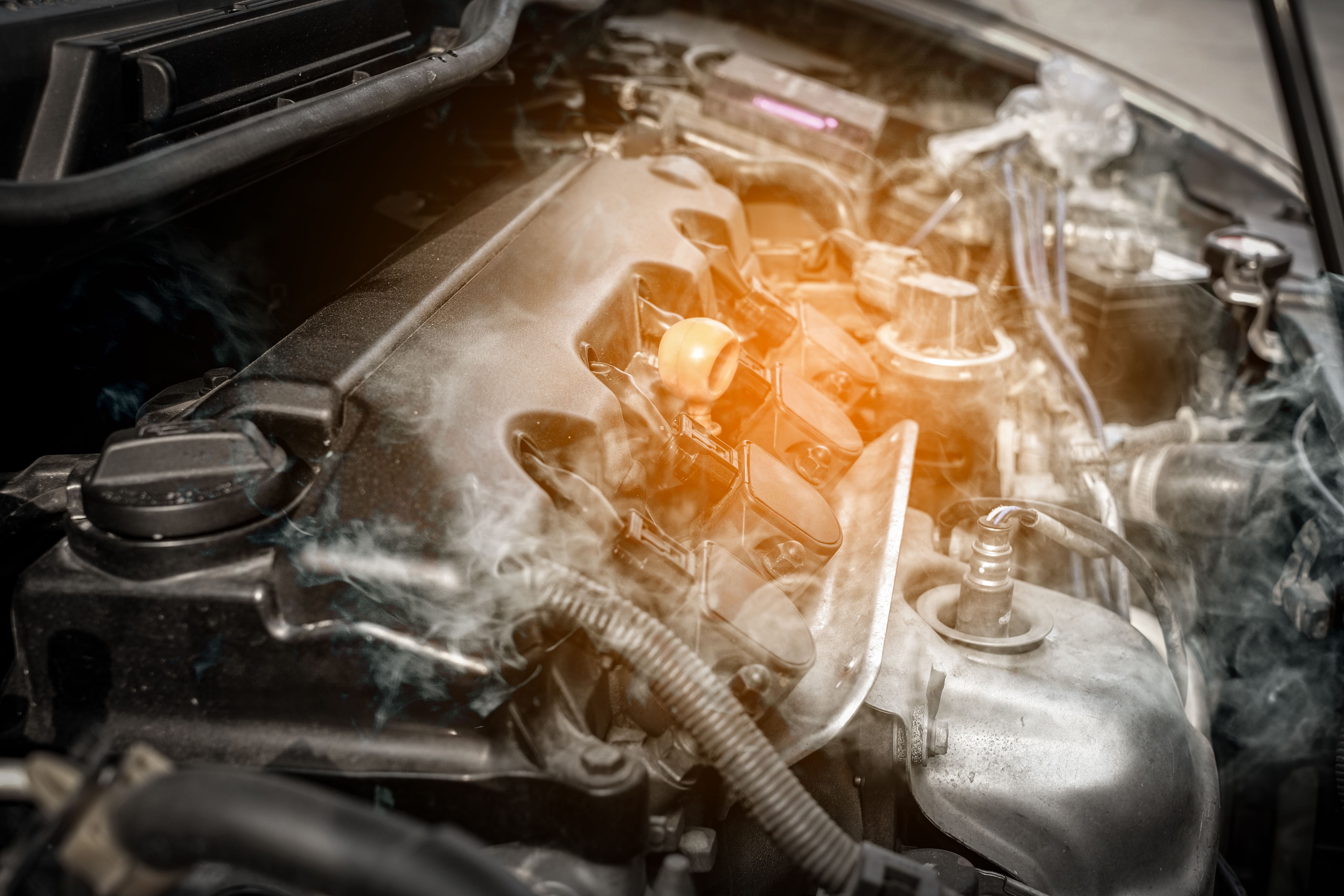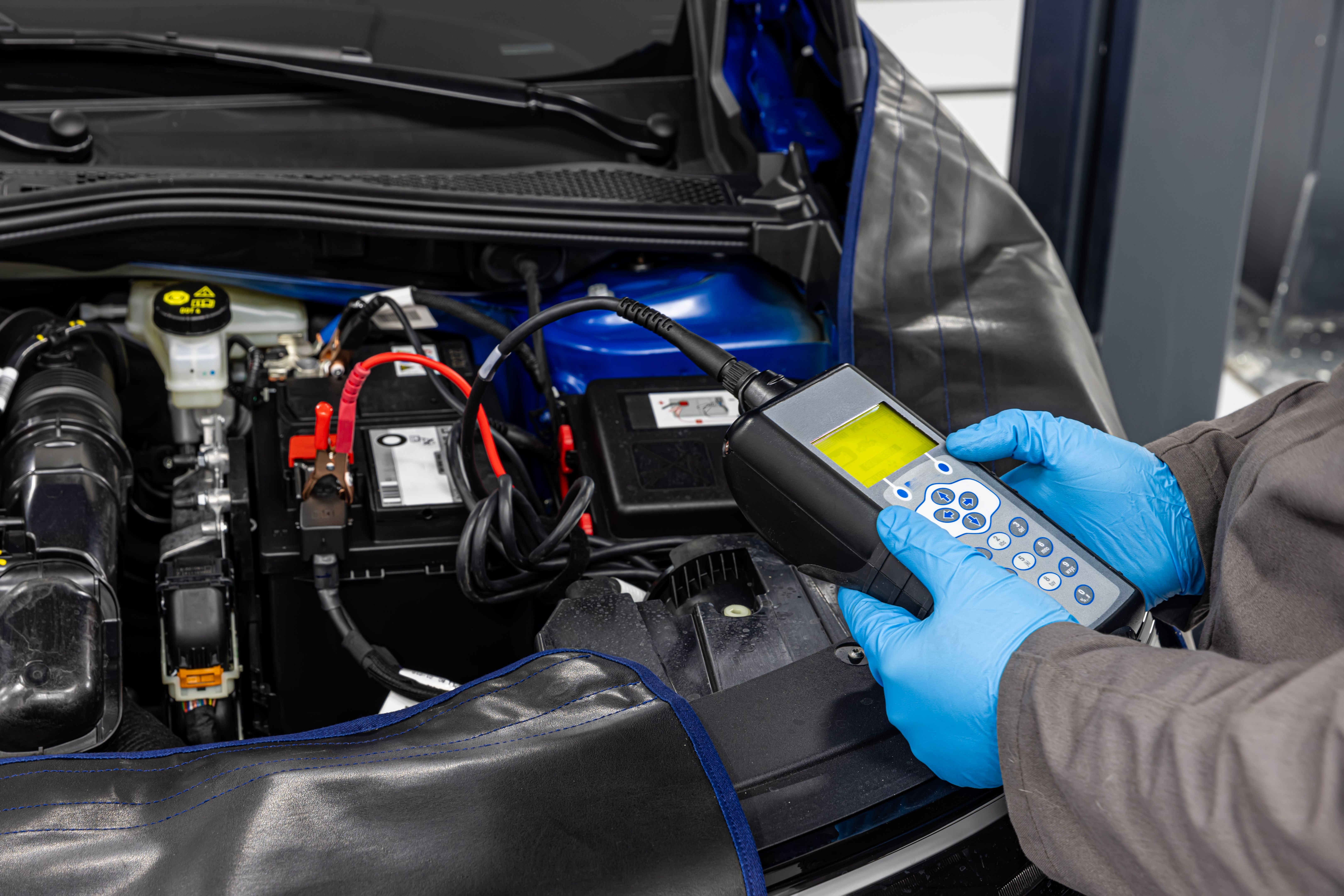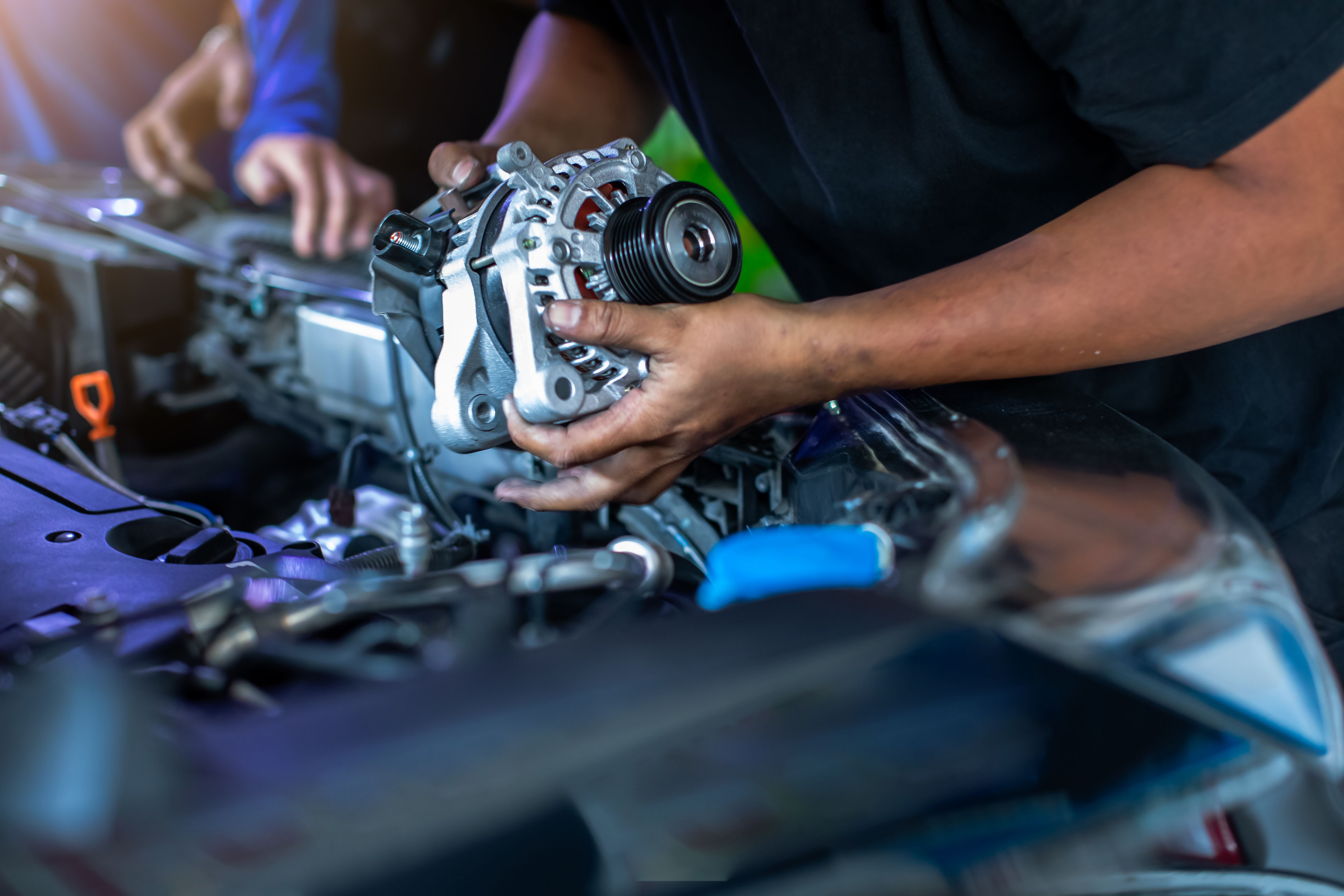Troubleshooting Clicking Sounds When Your Car Won't Start
MD
Understanding the Clicking Noise
When you turn the key in your car's ignition and hear a clicking sound instead of the engine roaring to life, it can be quite alarming. This sound is typically a red flag indicating a potential issue with your vehicle's starting components. Before you panic, it's essential to understand what might be causing this noise and how you can address it effectively.

Common Causes of Clicking Sounds
One of the primary reasons for a clicking noise when your car won't start is a weak or dead battery. If the battery doesn't have enough power to turn the starter motor, you'll likely hear a rapid clicking sound. Additionally, corroded battery terminals can also impede the flow of electricity, resulting in similar symptoms.
Another potential culprit could be the starter motor itself. If the starter solenoid is faulty or the motor is malfunctioning, it might produce a clicking noise as it struggles to engage with the engine's flywheel.
Diagnosing the Battery
Start by checking your car's battery. Look for signs of corrosion on the terminals, as this can prevent proper electrical connection. You can clean the terminals with a mixture of baking soda and water, using a wire brush to remove any buildup.
If cleaning the terminals doesn't resolve the issue, test the battery's voltage using a multimeter. A fully charged battery should read around 12.6 volts or higher. If the reading is significantly lower, consider recharging or replacing the battery.

Examining the Starter Motor
If the battery seems to be in good condition, the next step is to examine the starter motor. Listen for any unusual noises when you attempt to start the car. A single click followed by silence might indicate that the starter solenoid is faulty.
Inspect the wiring connected to the starter motor for any visible damage or loose connections. Tightening any loose wires or replacing damaged ones might resolve the problem.
Addressing Alternator Issues
The alternator plays a crucial role in keeping your battery charged. If it's not functioning correctly, your battery might not hold enough charge to start the car. You can test the alternator's output using a multimeter; it should read between 13.8 and 14.2 volts while the engine is running.
If your alternator isn't producing adequate power, it may need repair or replacement to prevent future starting issues.

When to Seek Professional Help
While some troubleshooting steps can be performed at home, there are situations where professional assistance is necessary. If you've checked the battery, starter motor, and alternator without success, it's wise to consult a mechanic.
A certified professional can perform a comprehensive diagnostic check to identify less obvious issues that might be causing the clicking sound, such as problems with ignition switches or wiring harnesses.
Preventative Maintenance Tips
To avoid future starting problems and clicking sounds, regular maintenance is crucial. Ensure your battery terminals are clean and free from corrosion. Have your battery and alternator tested periodically, especially before long trips or during extreme weather conditions.
Additionally, schedule regular check-ups with a trusted mechanic to keep your vehicle in optimal condition and catch any potential issues early on.
By understanding what causes clicking sounds when your car won't start and following these troubleshooting steps, you can often resolve the issue yourself or know when it's time to seek professional help. This knowledge not only saves time but also helps minimize unexpected breakdowns on the road.